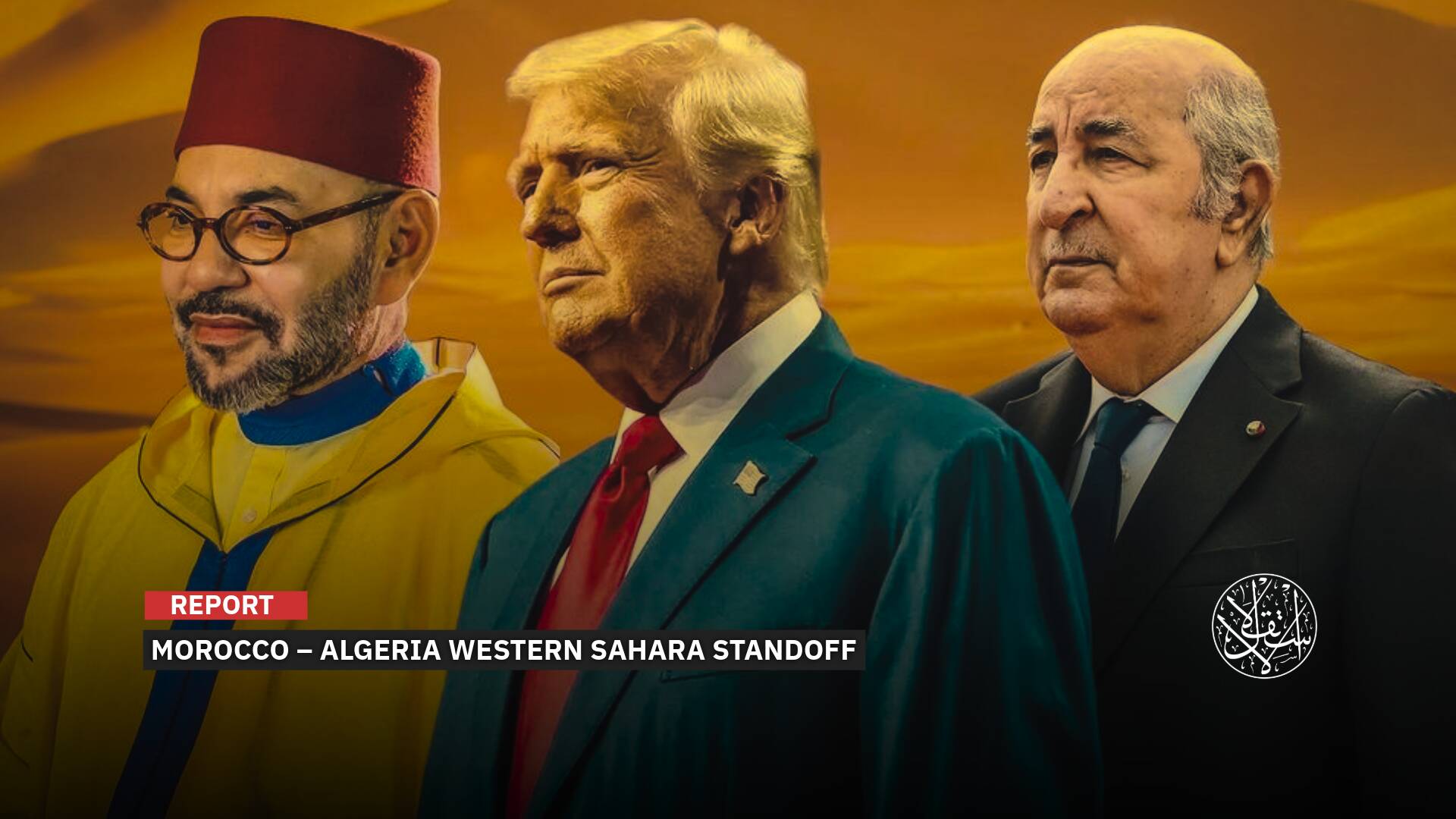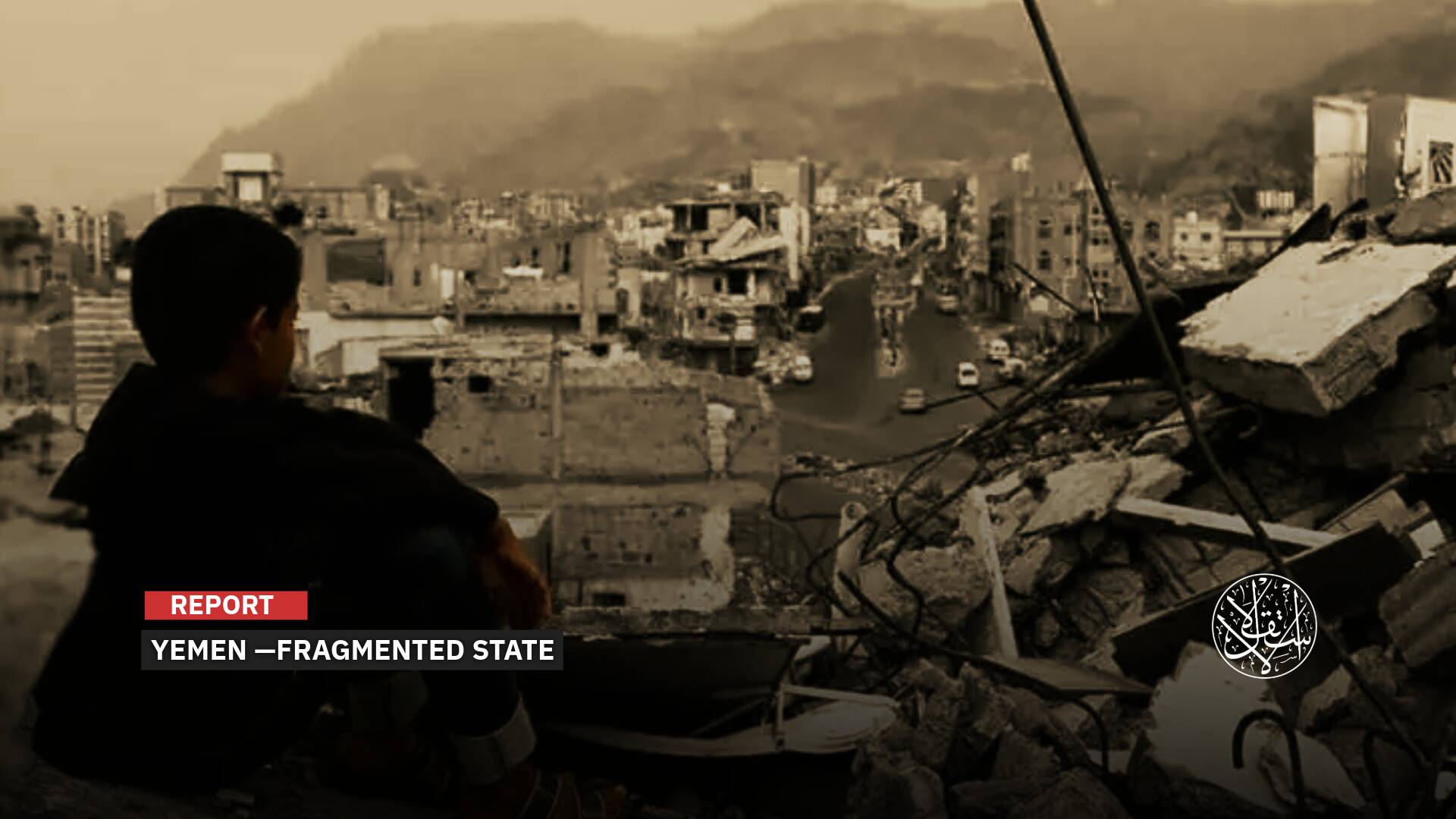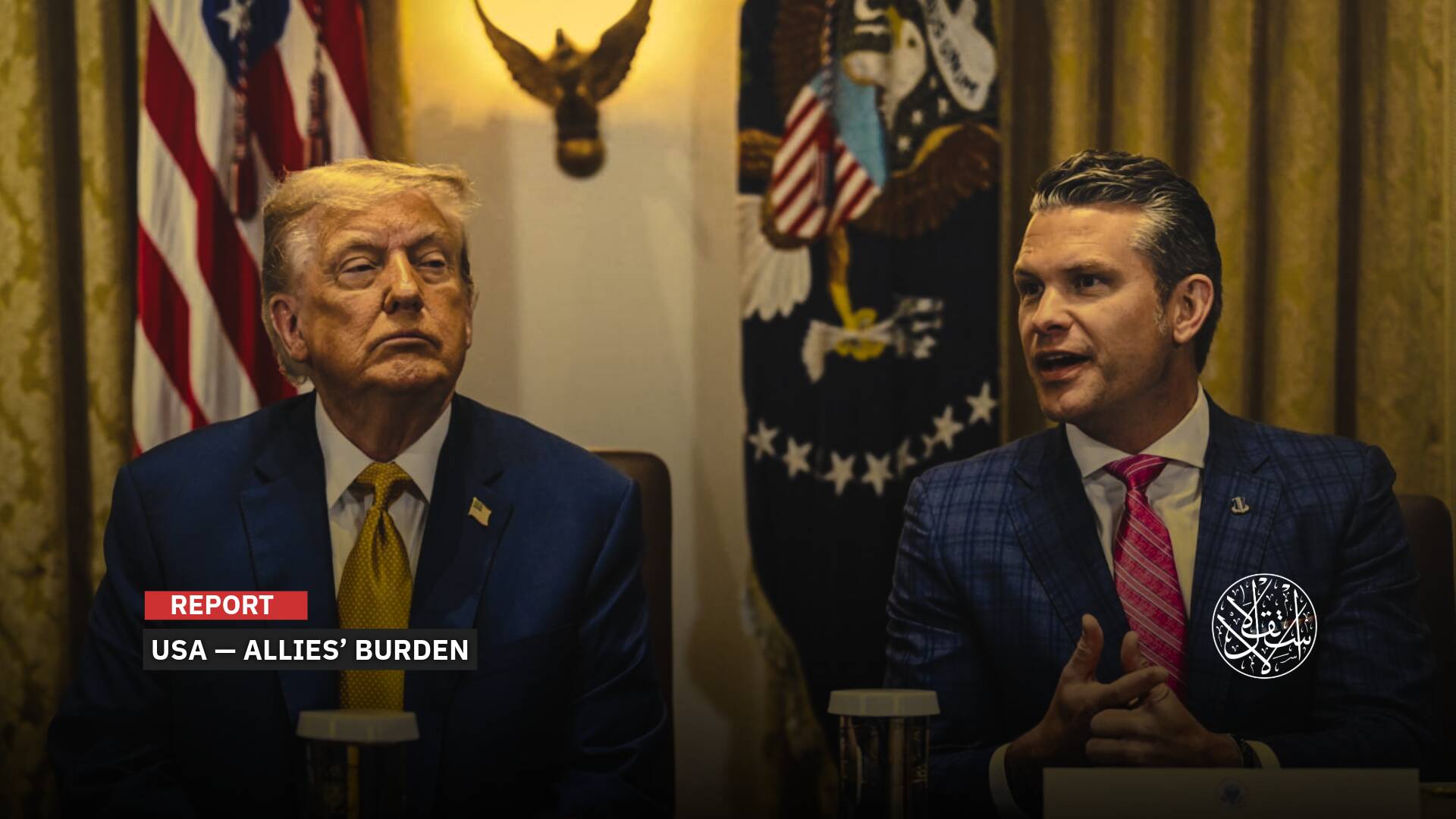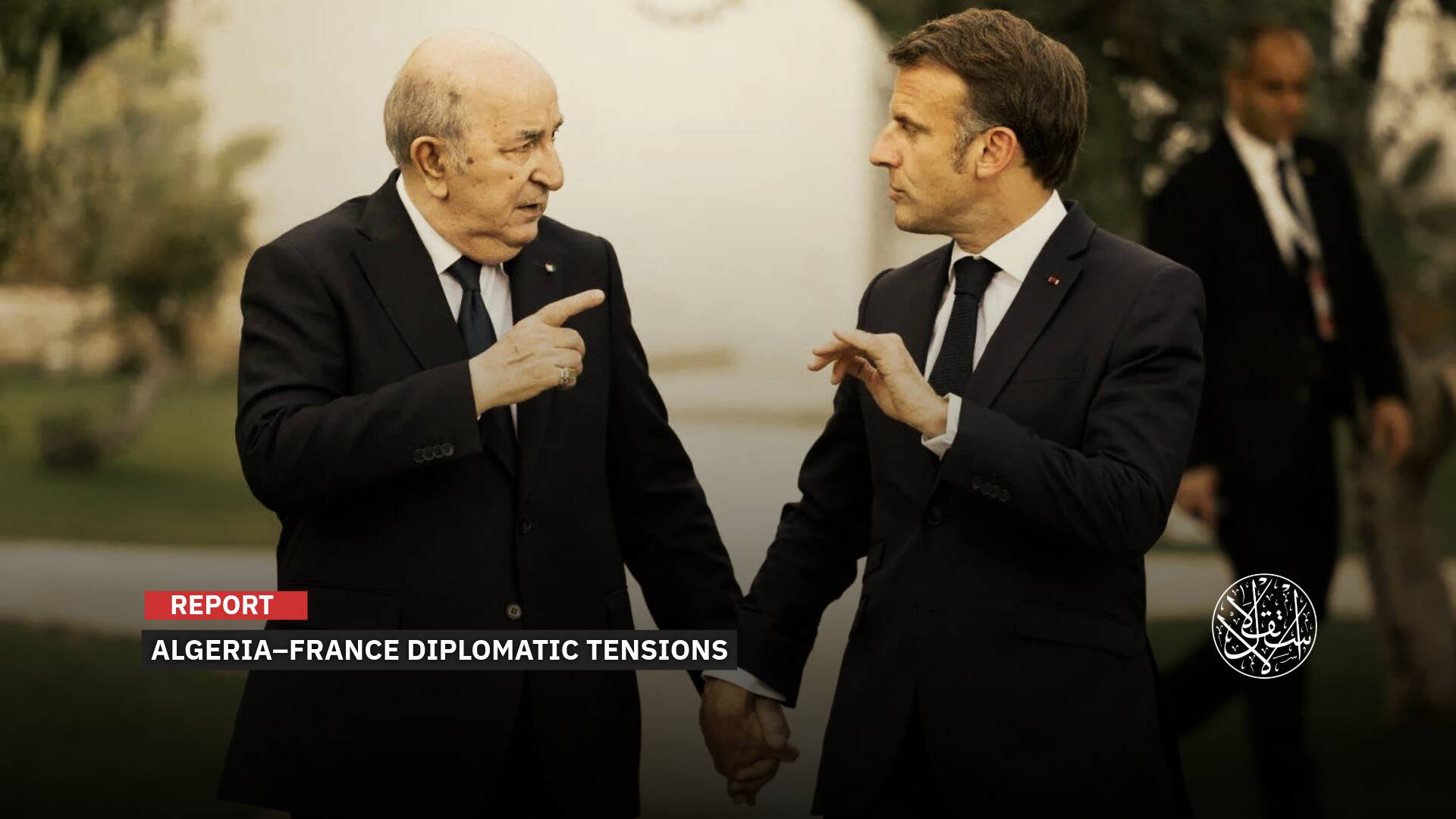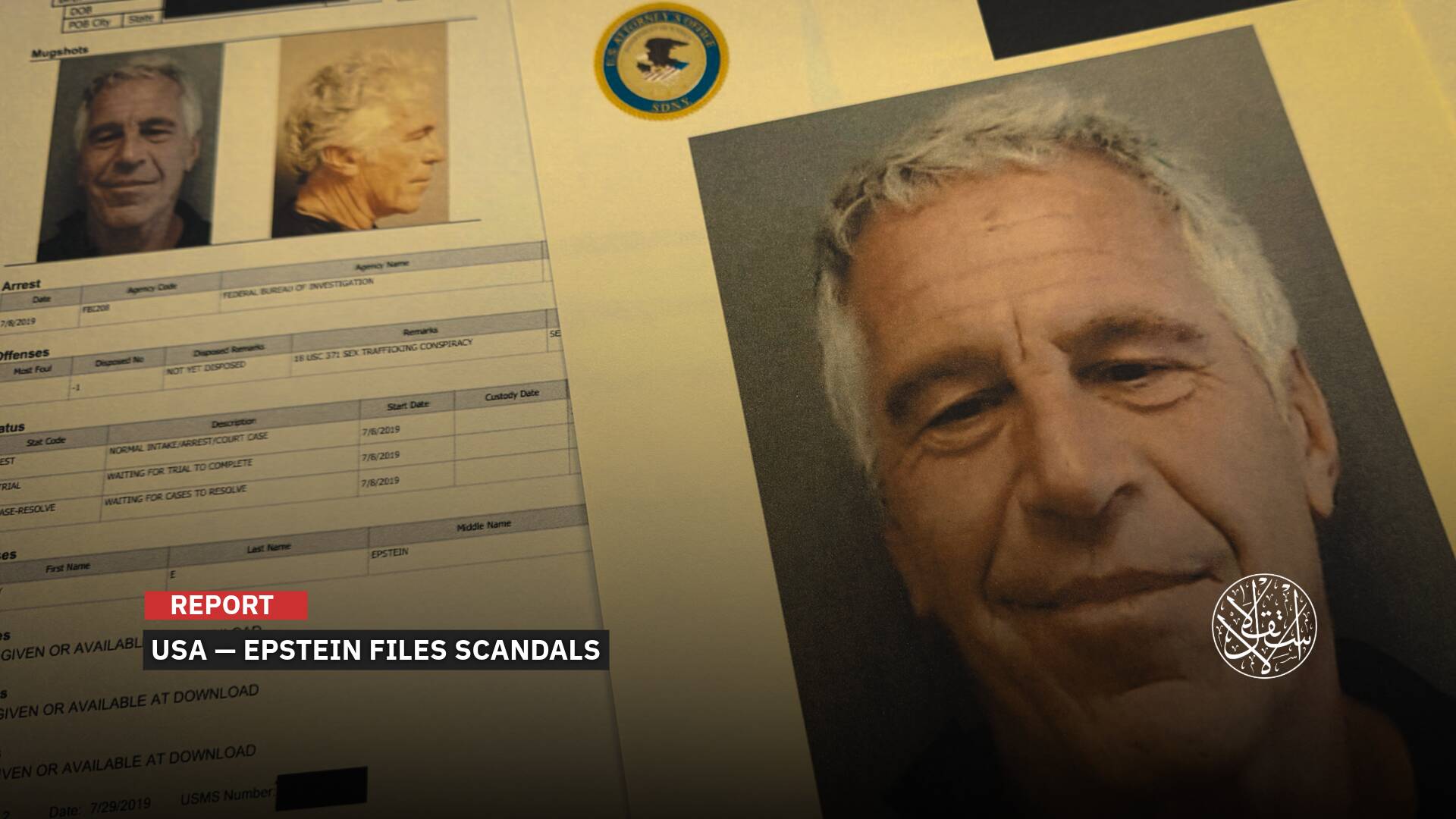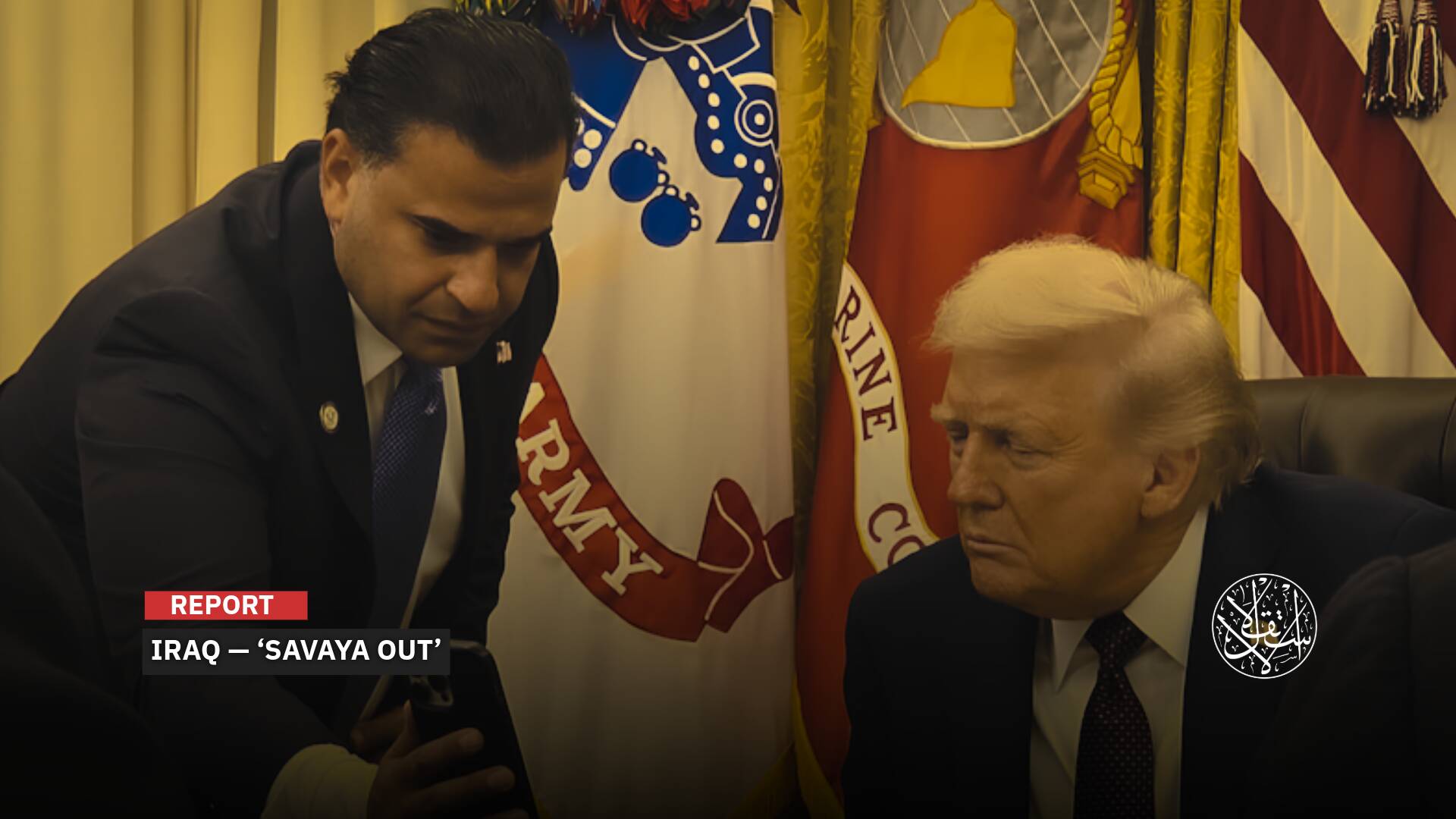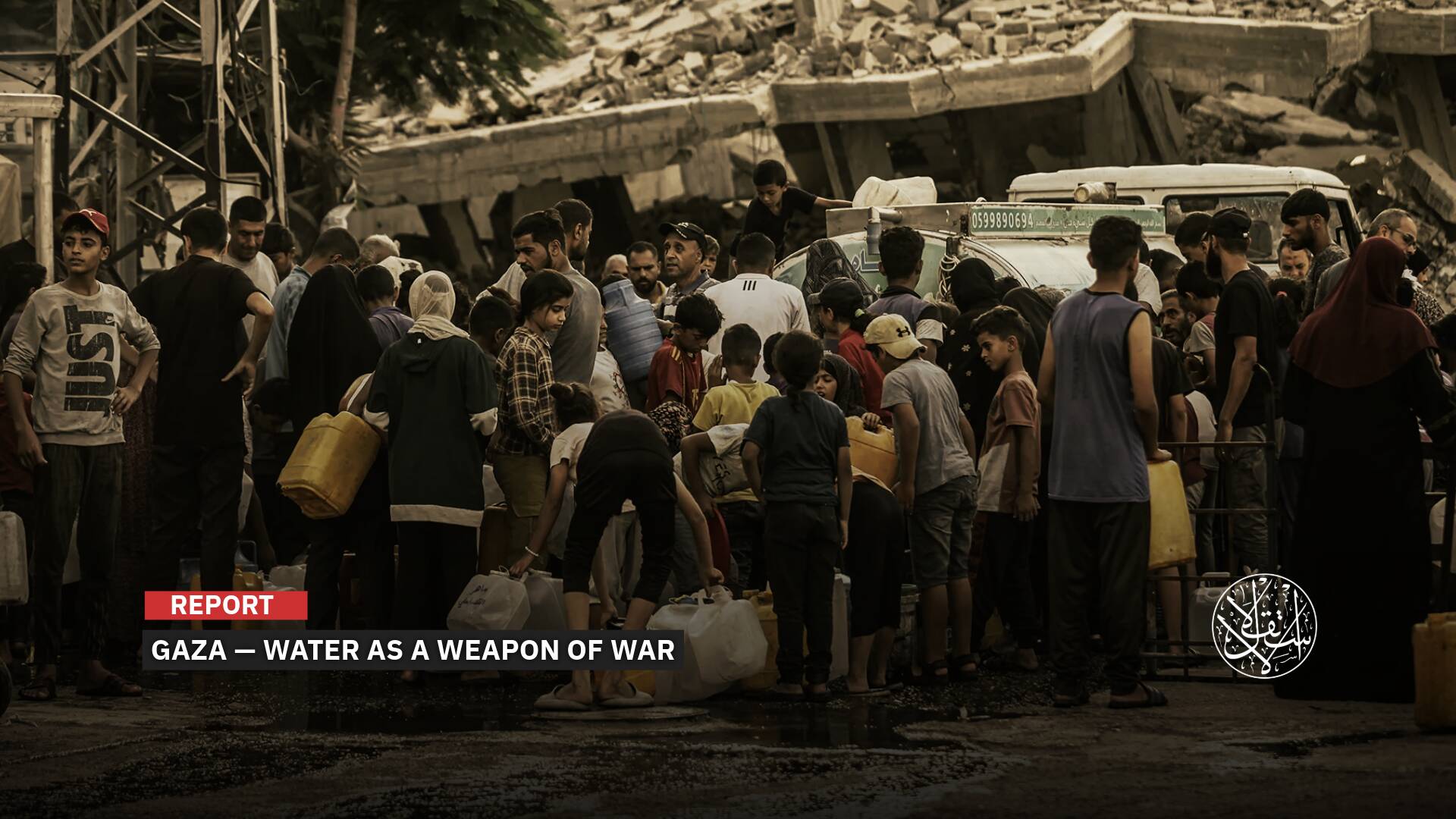What Causes the Rise of Coups in Africa?

The echoes of military coups reverberate across different corners of Africa, prompting questions about the root causes of this escalating trend. Can a way out of this predicament be found?
The most recent of these coups took place in Niger on July 26, 2023, carried out by the Presidential Guard against President Mohamed Bazoum. Following Bazoum's detention, General Omar Chiani, the leader of the coup, declared himself the head of the transitional council.
In addition to Niger, several African countries have experienced a series of military coups in the past three years. Mali witnessed one in August 2020, leading to the ousting of President Ibrahim Boubacar Keita. This was followed by another coup where President Bah Ndaw, who was appointed by the military, was overthrown, and military rule was established directly.
Chad faced unusual events in April 2021 when President Idriss Deby, who ruled for three decades after coming to power through a military coup in 1990 with French support, was killed.
In March 2021, there was a failed coup attempt in Niger when a military unit attempted to seize the presidential palace in Niamey days before President Mohamed Bazoum's inauguration following his election.
In September 2021, Guinean President Alpha Conde was ousted in a military coup led by Colonel Mamady Doumbouya, along with elite soldiers who then took control.
In October 2021, the Sudanese military, under the leadership of Abdel Fattah al-Burhan, seized power, deposed Prime Minister Abdalla Hamdok, and suspended the constitutional document that outlines power-sharing between civilians and the military.
In Burkina Faso, the military removed President Roch Kabore in January 2022, suspended the constitution, dissolved the government and parliament, and closed the borders. The coup was led by General Paul-Henri Sandaogo Damiba, a senior infantry officer in the Burkinabe army with extensive military education.
Exploring the Underlying Causes
Understanding the increasing resurgence of military coups in Africa necessitates delving into the underlying factors. Nabil el-Andaloussi, the head of the Maghreb Center for Research and Strategic Studies, notes that these reasons are multifaceted and diverse, varying from one country to another. Nonetheless, common threads run through many of them.
El-Andaloussi points to foreign interventions in African countries' affairs and the aspirations of international and regional powers to shape both civilian and military governing elites as a shared cause. He emphasizes that these ambitions often require the support of military coups to empower their aligned elements, especially given Africa's abundant natural resources and precious minerals.
This appetite entices these forces and nations to construct pliant regimes capable of exploiting the wealth of these countries, which have become plagued by their own resources.
Moreover, el-Andaloussi underscores the factors of political instability, fragility of constitutional systems, and weakened governmental structures and institutions within African nations. These challenges, coupled with economic fragility due to instability and security disturbances, create an environment conducive to coups.
He adds that another contributing factor is the absence of entrenched power-sharing practices and a lack of belief in democratic mechanisms as tools for governance and state management. At times, tribal dynamics play a role, particularly where tribal composition dominates the political landscape in some African nations.
El-Andaloussi also addresses the issue of weakened national loyalty within some African armies, particularly those trained in other countries. This dynamic can lead officers to establish networks of relationships, which some nations may exploit to infiltrate the national system.
Conversely, he notes, "The army's patriotism can sometimes be a factor in some coups." Corruption corroding many African regimes could motivate national military leaders to overthrow corrupt systems, driven by a desire for change.
Ultimately, el-Andaloussi concludes that one of the root issues lies in the limited legal deterrence mechanisms against coups, which "remains one of the main reasons for the persistence of this phenomenon."
Alarming Shifts
Abdul-Moneim Osman Mohammed Taha, former chairman of the Sudanese Advisory Council on Human Rights, said the changing global landscape with international militarism and its effects on Africa underline the continent's continuous changes.
He sees this as an indication of the lack of political, social, and economic maturity prevalent in many of its countries, collectively culminating in the cycle of events. Taha shared these insights with Independent Arabia on July 29, 2023.
He anticipates that the recent coup in Niger, particularly in the Sahel region, stems from issues related to food and finances, compounded by the exploitative patterns and colonial mentality of major nations like Russia and France. These countries play roles that have negative effects on Africa's needs and stability, according to his assessment.
He further explained that rather than assisting in building self-reliance and stability in these nations, these major powers exploit the continent's needs and resources alike.
Taha highlighted that the deteriorating economic reality stands as the major challenge, coupled with the instability of African societies due to internal conflicts and political, religious, and ethnic competition.

Dr. Driss Lagrini, a professor of International Relations at Cadi Ayyad University in Marrakech, focused on the issue of state fragility in the African continent as the primary cause for military coups.
According to Lagrini, as reported by Hespress on July 28, 2023, these coups obscure Africa, which has begun to appear as a continent that has witnessed political, economic, and social reforms.
He indicated that recent events in Niger and other countries point to social and economic challenges that have not been resolved in comparison to political resurgence and the emergence of political figures produced by African democracies.
The academic stressed that Niger, like many African countries, grapples with economic, social, and security dilemmas tied to the fragility of the security situation.
He explained that Africa, given its potential and its human, economic, and energy resources, has become the subject of significant competition by major international and regional powers.
He mentioned that this competition has become a factor that contributed to what happened in Niger, primarily due to the fragility of the state and its lack of strong foundations.
The Moroccan scholar pointed out that today's repercussions reveal that the competition and rush toward Africa is no longer purely economic but has evolved to involve military components and mechanisms that have reached the point of inciting coups and influencing the security and stability of many African countries.
Thorough Study
In a prior study conducted by the African Center for Strategic Studies, published on January 3, 2022, it was noted that among the reasons that lead to military coups in the continent is their perpetrators’ belief that they can escape punishment with minimal possible cost.
The study, which was published on the center's website, highlighted another reason, namely the decline in readiness of regional and international actors to enforce anti-coup measures in Africa.
It observed that this stems from several factors, including regional democratic stagnation, the inclination of regional bodies to negotiate middle-ground solutions with coup leaders, the reluctance to engage in military intervention, and the diversion of international actors' attention through internal and external crises.
The study emphasized that international actors play a pivotal role in facilitating the occurrence of coups.

By treating coups as a regrettable yet natural means of power transition in Africa, international actors inadvertently extend their helping hand to coup leaders, enabling them to solidify and enhance their coups.
The study suggested that the most crucial action the international democratic community can take to counter the trend of coups in Africa is to foster democracy.
It stressed that African governments that uphold and support democratic practices must receive significantly greater diplomatic support, developmental and security assistance, as well as encouragement for private investment.
The same source added that the other side of incentivizing democrats in Africa involves imposing ongoing real costs on coup instigators.
Those who seize power outside the bounds of the law should not be recognized. Financial aid and debt relief mechanisms should be suspended, coup leaders' assets should be frozen, and they should be barred from accessing the international financial system, according to the study.
It also highlighted the necessity of denying coup-emergent governments access to sovereign accounts; the process should involve reversing the coup first, then negotiating, not the other way around.
How to Tackle?
To address the issue of military coups and build a future free from this menace, Nabil el-Andaloussi, the head of the Maghreb Center for Research and Strategic Studies, emphasized that Western powers and dominant regional countries that exploit Africa's resources should allow the continent to govern itself.
El-Andaloussi added to Al-Estiklal that these external actors must leave Africa's resources to the people of this continent, stressing that this won't happen without African awareness of the necessity to prevent the exploitation of their countries' resources.
He continued that one approach to tackle the phenomenon is to establish mechanisms that increase the cost of coups, such as preventing coup leaders from accessing sovereign financial resources and imposing sanctions on them.
This is in addition to suspending financial aid to coup governments" and supporting democracy while ensuring electoral integrity as a mechanism for power rotation.
Khalid Chiat, Professor of International Relations at Mohamed First University, Oujda, Morocco, believes that the solution to this issue is the opposite of the causes of military coups.
He explained that this involves building modern state institutions, enhancing values of shared living, establishing a non-ethnic or tribal political party system, and breaking free from subordination to former occupiers or foreign powers.
Chiat also stressed that the continent's future is in the hands of its people, and when those who seek dignity, progress, prosperity, and integration are managing state affairs, military coups will come to an end.
He underscored the importance of the continent working toward economic integration among its countries, achieving development, and creating a system of mutual interests linking Africa's people and economies.
Luka Biong Deng Kuol, an academic dean at the Africa Center for Strategic Studies at the National Defense University in Washington, pointed out that Africa needs to establish solid institutions to prevent the recurrence of the phenomenon. He stressed the importance of cementing concepts of democratic and civilian governance at all levels.
He also stated that military coup incidents have severely hindered Africa and deprived its population of benefiting from its abundant resources. Without serious efforts to build civil governance institutions, Africa will remain a fertile ground for military coups, which continuously strain economies and lead to increased insecurity.
Sources
- "African coups" the fire of the economy and greed under the ashes of the generals [Arabic]
- Bazoum, the last victim: Africa fails to break the cycle of coups [Arabic]
- African coups and the role of external parties [Arabic]
- The military coup in Niger perpetuates the complex of Africans in the measure of access to power [Arabic]



